The Deliberative Pedagogy (DeeP) Faculty Collaborative was initiated in 2021 as a core component of the DCI’s Deliberation Across the Curriculum program. The Collaborative’s 2023-24 cohort includes 22 faculty from 13 different institutions and is the DCI’s third and largest cohort thus far. The participants come from a wide range of institutions (including liberal arts colleges, state universities, and community colleges) and disciplines (including anthropology, biology, business administration, communication studies, dance, economics, education, English, environmental studies, German studies, philosophy, political science, public health, peace and conflict studies, and sociology).
These faculty members are all committed to learning and implementing new ways to improve and deepen the quality of their class discussions. They will be spending the year studying and discussing different deliberative pedagogy methods, sharing their ideas and questions with one another, and working to embed deliberation in their classrooms.
Learn more about each Collaborative member below…
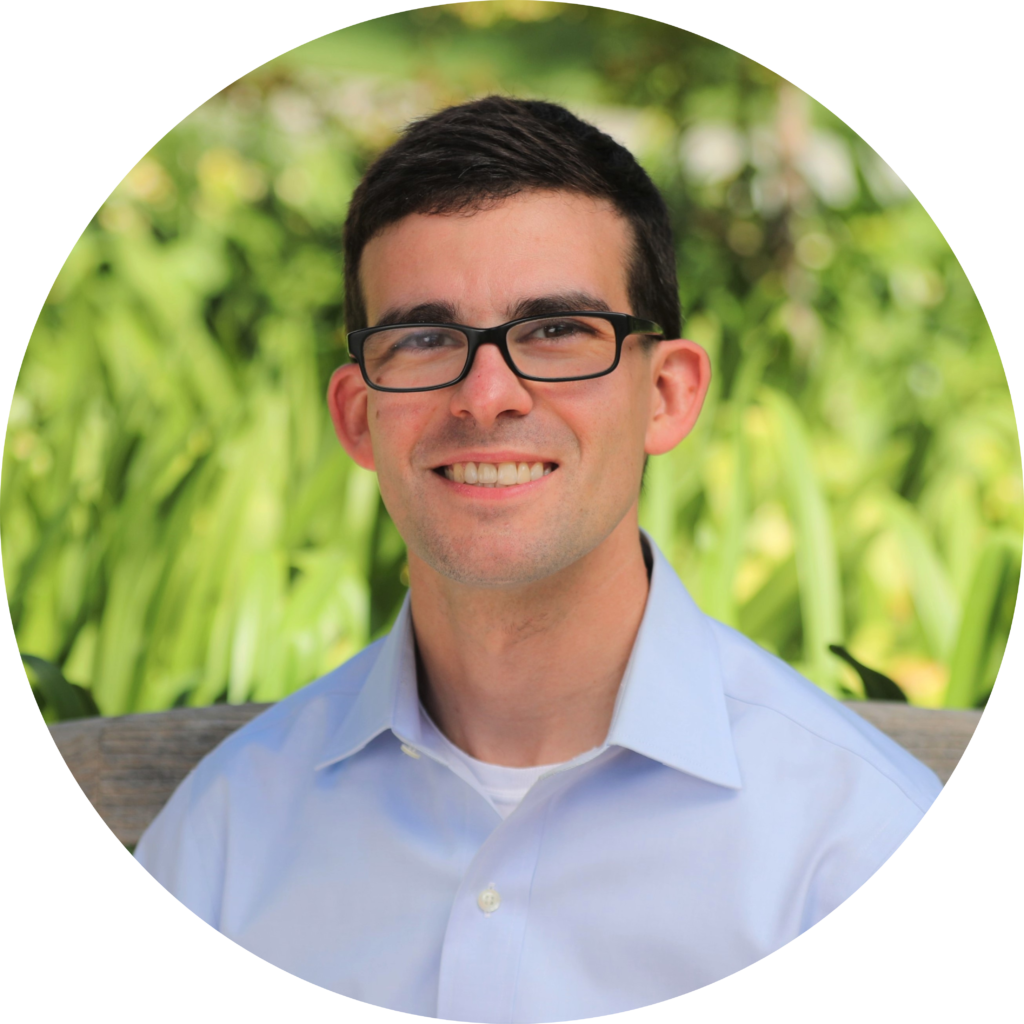
Andrew Keener (he/him) was born in Charlotte, NC, and attended Charlotte Country Day School. He earned his B.A. from Boston College, his Master’s from North Carolina State University, and his Ph.D. from Northwestern University, all in the discipline of English. After teaching for Santa Clara University’s English Department for three years, he returned to the Charlotte area (where his spouse and family live), and now works in the Honors College at the University of North Carolina at Charlotte, as Scholars Advisor. In a hybrid staff/faculty capacity, he teaches and advises students, participates in honors and merit scholar selection, and supports applicants to nationally competitive awards. As an employee in higher education, Andrew has participated in trainings in mental health first aid and inclusive teaching methods; currently he is working with colleagues on a revised honors curriculum in critical thinking, communication, and writing, and he is particularly interested in the pedagogy sub-topics of polarized discourse, primary sources, artificial intelligence, and diversity and inclusion. In the meantime, he continues to research, write, and publish, and recently gave a talk in Charlotte on an extensive collection of early English play-texts at UNCC which was assembled by one of Queen Charlotte’s daughters.
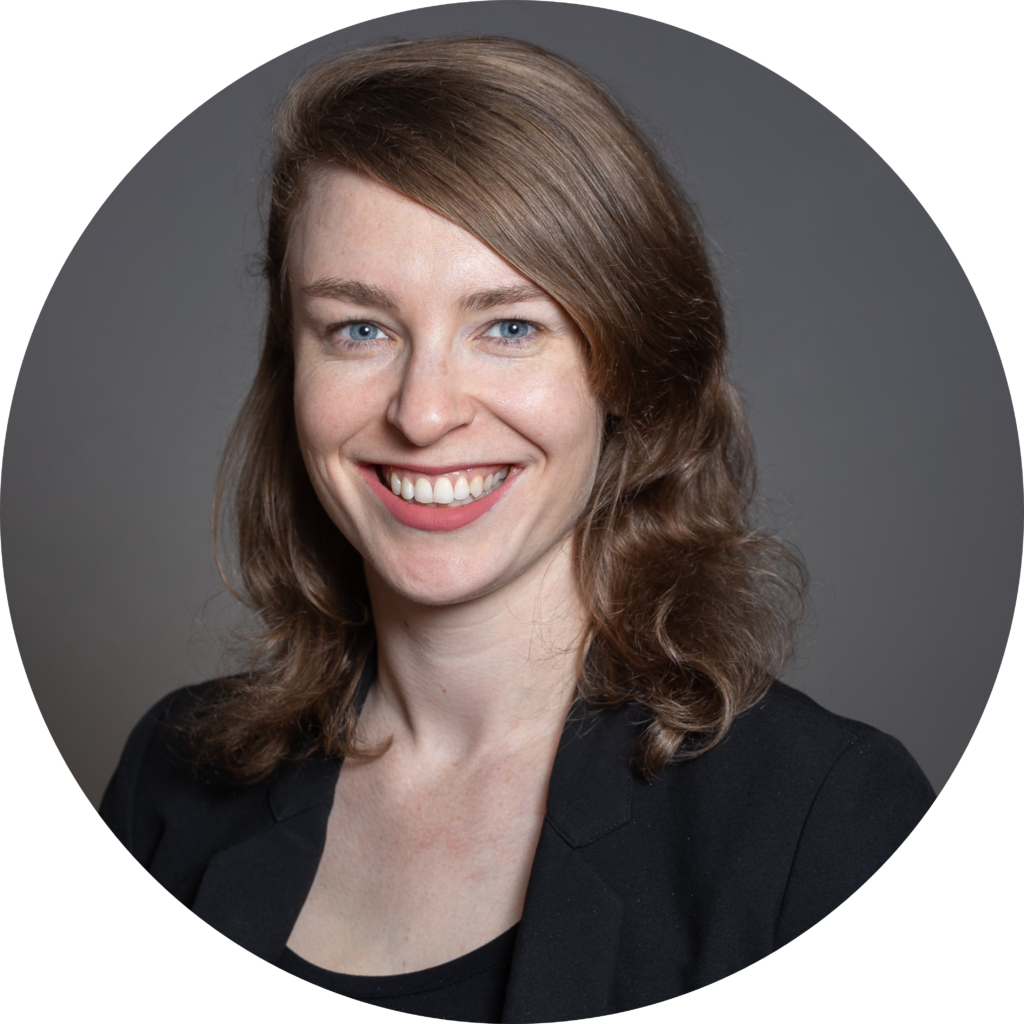
Angela Cools is an Assistant Professor of Economics at Davidson College. She is an applied microeconomist specializing in the areas of gender economics, labor economics, and economics of religion. Her work has appeared in Labour Economics and the Quarterly Journal of Political Science and has been highlighted in media outlets such as MarketWatch and The Independent. At Davidson, she teaches courses in gender and family economics, labor economics, introductory economics, intermediate microeconomic theory, and public policy. Angela received a Ph.D. in Economics from Cornell University in 2019 and a B.A. from Pomona College in 2010.
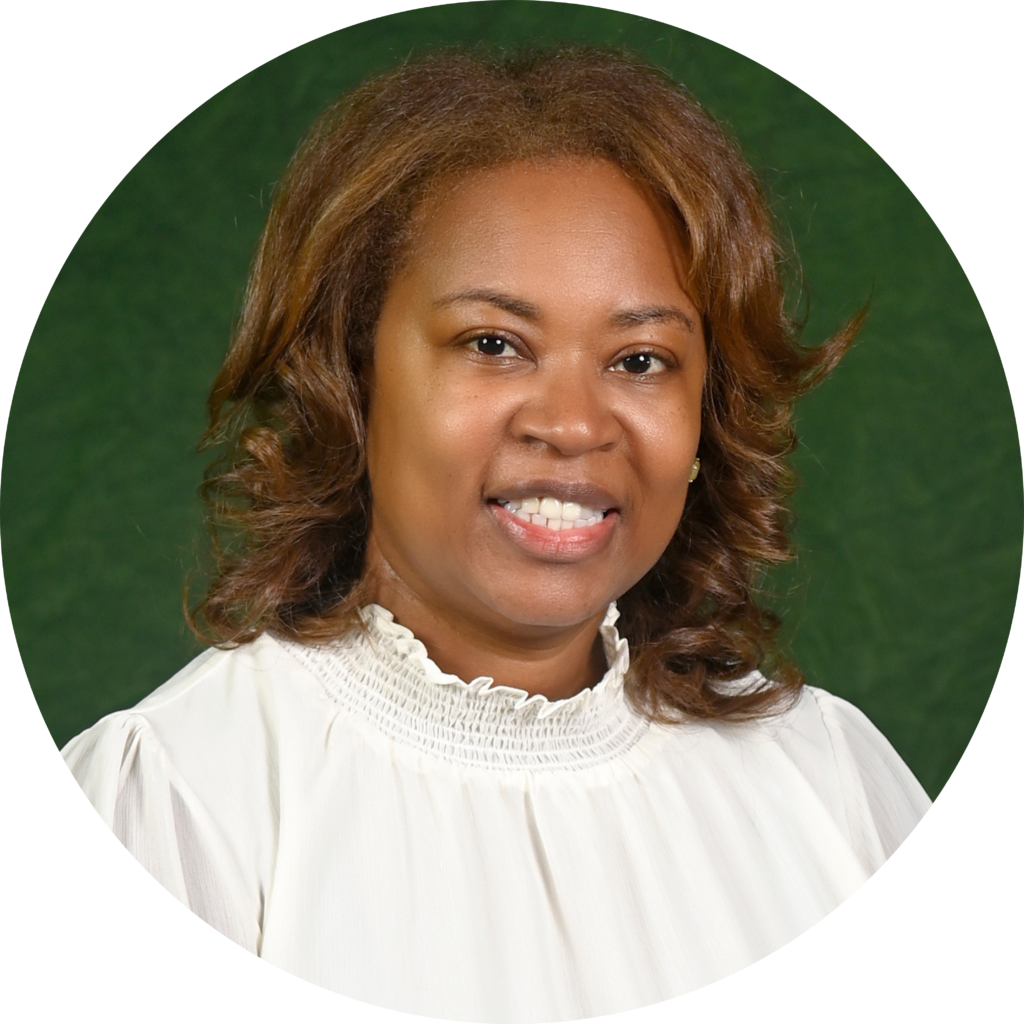
Danyeal Morrison is a Lecturer and University Supervisor in Elementary Education for the Office of School and Community Partnerships in the Cato College of Education. This is her 26th year in education. Prior to working at UNC Charlotte, Danyeal worked as a Pre-Kindergarten – 6th grade teacher and mentor for beginning teachers in Charlotte Mecklenburg Schools. Her special interests include coaching, restorative instructional strategies, and teacher preparation. Mrs. Morrison is passionate about developing and supporting effective classroom teacher candidates.

Kathleen Wessel is on faculty in the Department of Dance Performance and Choreography at Spelman College where she teaches writing, theory, composition, and technique courses and served as Director of Spelman Dance Theater for 5 years. In 2007, she co-founded the Atlanta-based Staibdance and danced with the company for a decade; she also co-created the Staibdance Summer Intensive in Sorrento, Italy. In 2017, Kathleen partnered with Brooklyn-based director Kelly Bartnik to conceptualize HEREafter, an ongoing immersive theater production which has been supported by Mailchimp and the City of Atlanta Mayor’s Office on Cultural Affairs, among others. From 2019-2020, Kathleen was an associate director and co-choreographer for The Georgia Incarceration Performance Project Presents: By Our Hands, an award-winning, devised archives-to-performance production exploring the history of convict labor in Georgia. Kathleen is the recipient of two “Best of Theater: Choreography” awards from the Orlando Sentinel: in 2020 for the immersive walking play Bright Young Things and in 2021 for Nosferatu, an immersive horror experience produced by the Renaissance Theater Company. She is lead choreographer for the highly anticipated third iteration of Nosferatu, opening fall 2023. Kathleen holds an MFA in Dance from Florida State University and a BA in Psychology from Emory University.

Keith Graves is originally from Fayetteville, NC where he completed high school and academically went on to obtain Bachelor’s, Master’s, and Doctoral degrees. He has had a blessed life, having lived in many places in the US, Canada, and Europe and traveled to many more places around the world. Keith is a veteran, having served as an airborne infantry officer in the US Army. He currently resides in Burlington, NC with his wife, and sometimes his daughter who is a Teacher/Coach in the Wake County School System (and the grand-dog Bella Louise!). During the last twenty-five plus years, he has worked for CIGNA, Booz, Allen and Hamilton, IBM Business Consulting Services as an organizational strategy consultant, Verizon Communications in HR, Strategic Planning, International Business, Organizational Strategy, and Marketing/Advertising. Additionally, he has worked for FMC Corporation in Labor Relations and HR Business Planning and Strategy. Though his corporate career is long and varied, he is most proud of his full-time teaching experiences with NC A&T, Guilford Tech and now Alamance Community College. Each opportunity has been unique and presented its challenges, but has molded him to be someone who is passionate, empathetic, and willing to share and continue the process of learning.
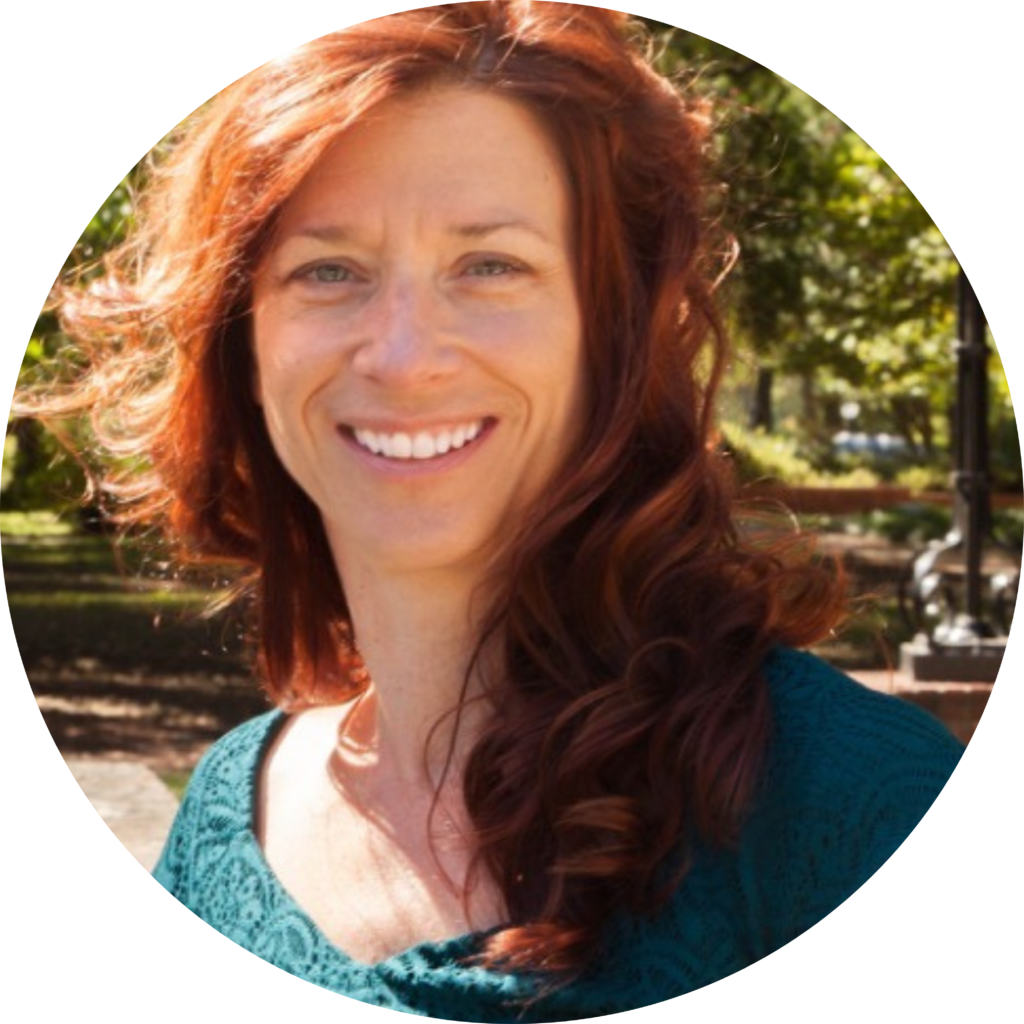
Kimberly Maslin is the Bill and Connie Bowen Odyssey Professor of Politics at Hendrix College, where she teaches courses in political theory and American politics. She is currently developing a course that challenges students to think about political power in new and different ways, entitled First Ladies and Political Power. The course derives from the premise that political science is primarily the study of institutions and power. As such it often omits both the stories and the people who do not occupy institutional positions or wield power. Drawing on archival evidence, it invites students to think through what we mean by power and how we might conceptualize it. Her recent publications include The Experiential Ontology of Hannah Arendt with Lexington Press, “The Paradox of Miss Marple: Agatha Christie’s Epistemology” in Clues: A Journal of Detection and “Hannah Arendt and Early German Romanticism” in Hannah Arendt and the History of Ideas, edited by Daniel Brennan and Margaret La Caze. She is the mother of two adult sons, one of whom is a professional baseball player. As such she is in the midst of a steep learning curve regarding the life of a student-athlete and professional sport as career.
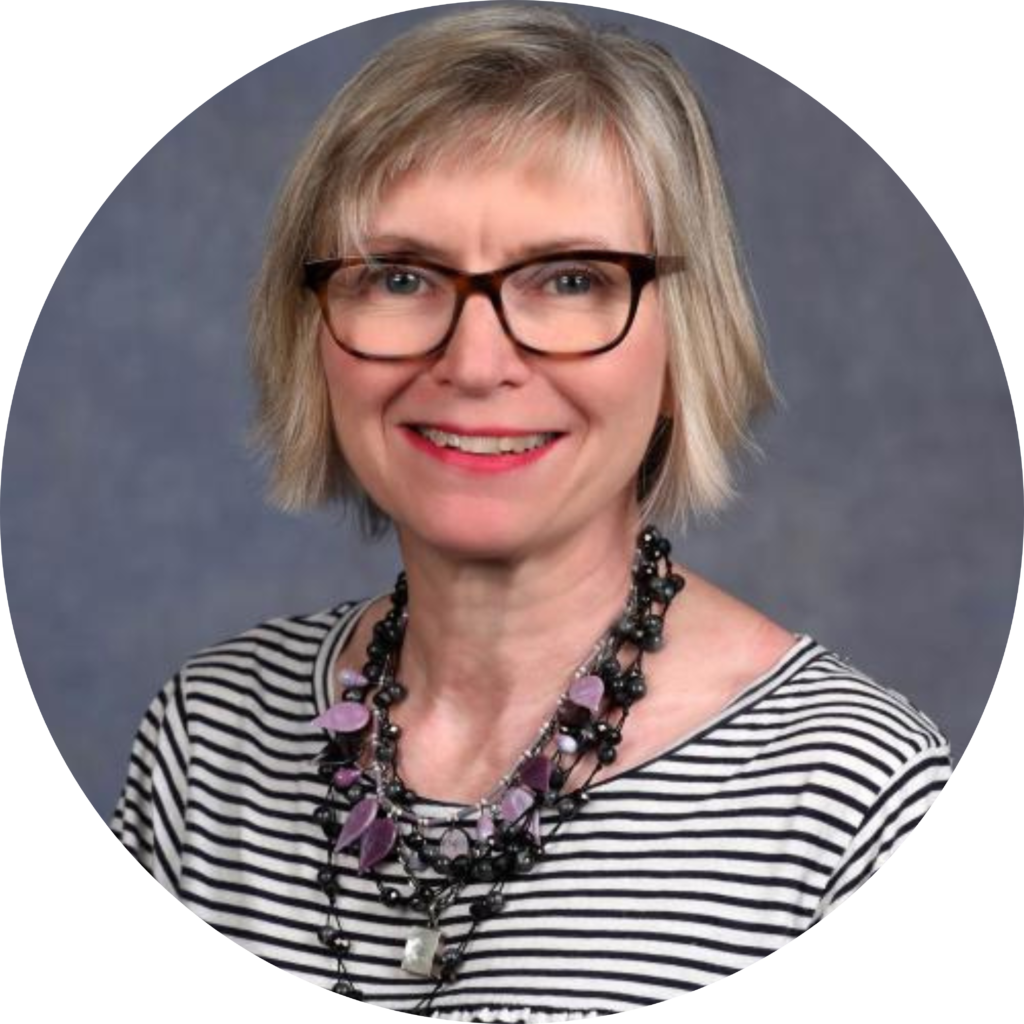
Maggie McCarthy has been teaching in the German Studies Department at Davidson College since 1995 and is presently coordinator for the Film and Media Studies program. Her research deals with German feminism, contemporary culture, film, and literature, and in recent years she has focused on issues of race. Her courses have examined issues surrounding memory and migration culture.
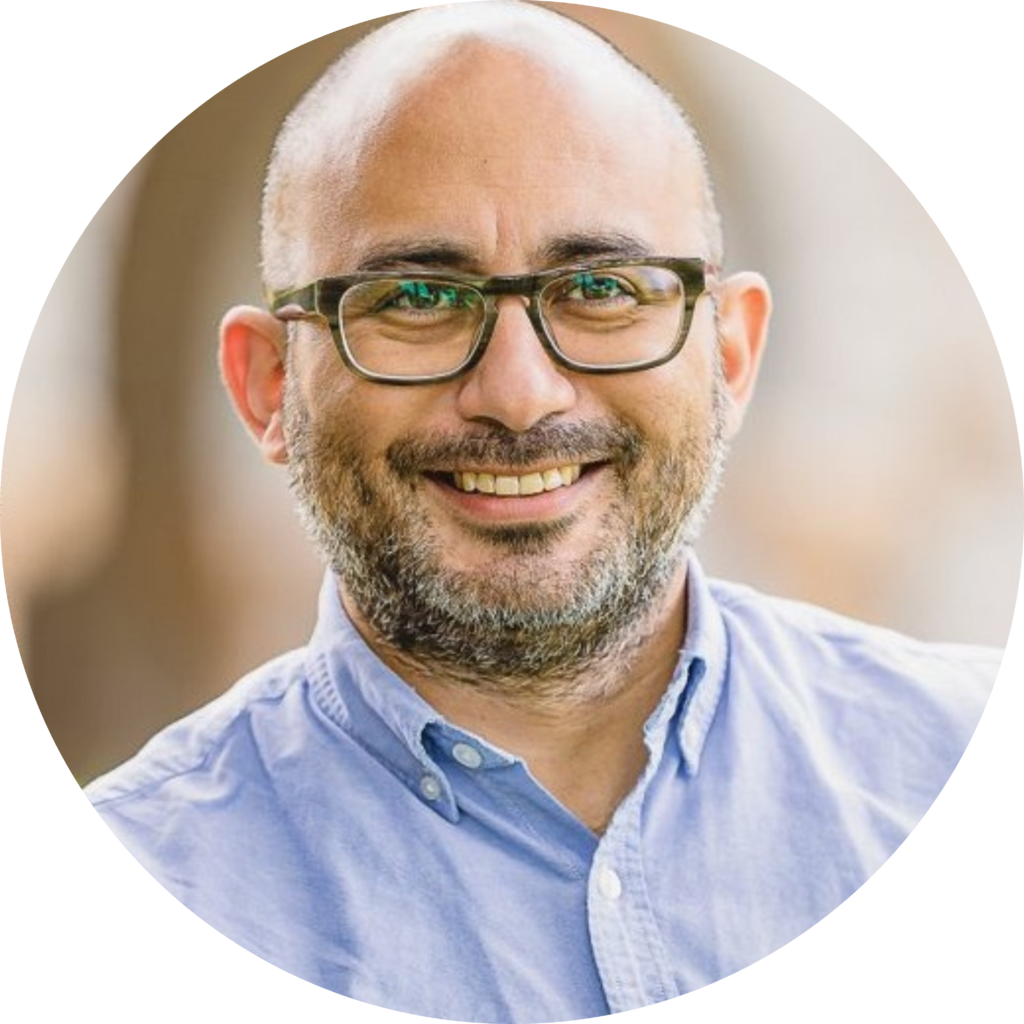
Mario Solis-Garcia is an associate professor of Economics at Macalester College in Saint Paul, Minnesota, where he teaches courses in intermediate and advanced macroeconomics and introductory economics. Prof. Solis-Garcia’s research revolves around macroeconomics, economic policy, and computational methods. At Macalester, he is active in faculty service; he is currently co-chairing one of the college-wide working groups for Macalester’s strategic planning initiative. Born in Mexico, Prof. Solis-Garcia received a BA in Economics from ITESM Monterrey and a MA in Economics from El Colegio de Mexico. His professional experience includes positions at the Ministry of Economy (looking at industrial policy and small and medium enterprises) as well as the Ministry of Finance (dealing with fiscal policy and financial regulation issues), both in Mexico. Prof. Solis-Garcia obtained his PhD in Economics from the University of Minnesota in 2011, with his dissertation focusing on economic fluctuations and fiscal policy. He has been at Macalester ever since. In his free time, he enjoys hiking the great Minnesota outdoors and reading books that do not have equations in them.
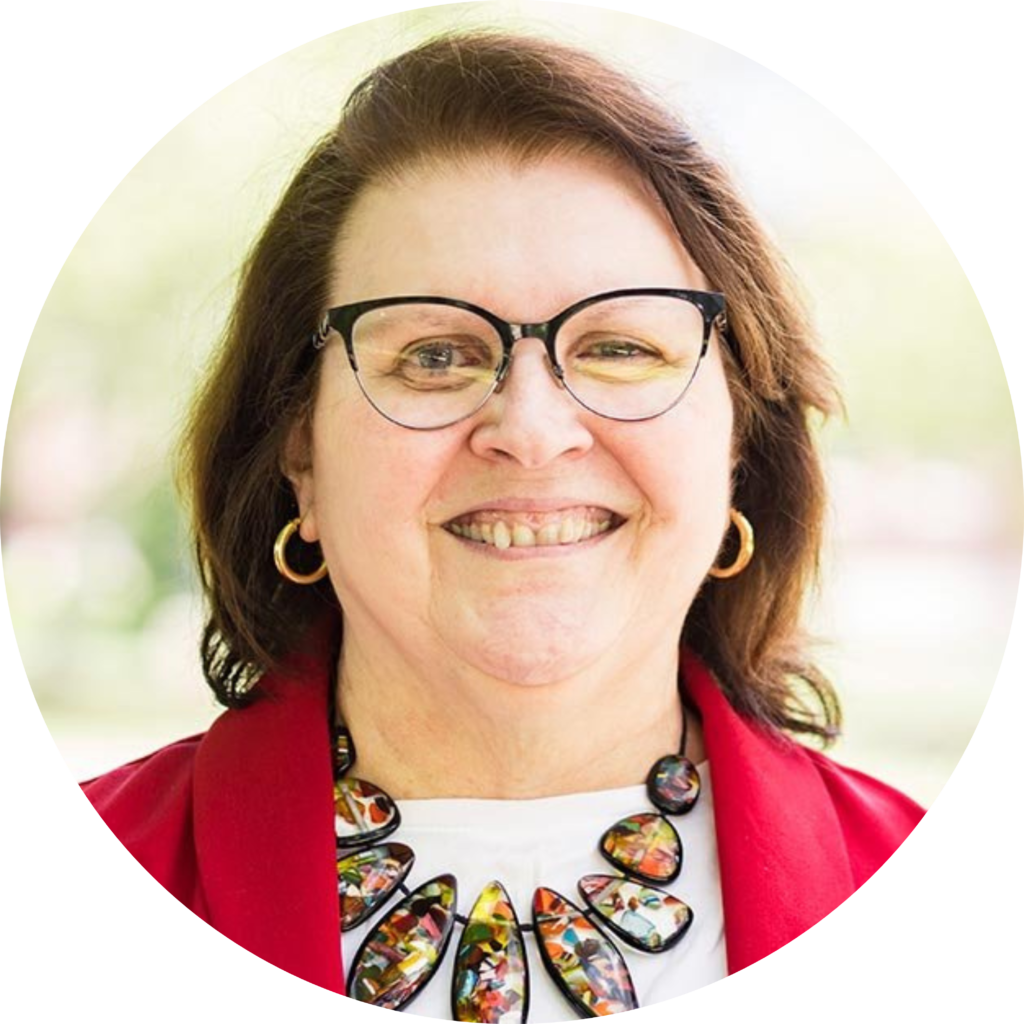
Mary Lesser is a Professor of Economics and Finance in the College of Business and Economics of Lenoir-Rhyne University (LRU). She has served the University as Chair of the then School of Business and Economics and Dean of the (then) College of Professional and Mathematical Studies. Mary holds a Ph.D. and M.A. in Economics from Fordham University and an M.S. in Finance from Northeastern University. She teaches courses in both Economics and Finance at LRU. Her most recent journal publication examined using behavioral economics as the basis for a First-Year Experience course. She has also worked extensively in economics pedagogy and written a number of ancillaries for various publishers. Before coming to LRU Mary was a Professor of Economics at Iona University in New Rochelle, NY. She was also Executive Director of the Eastern Economic Association, one of the largest regional associations of economists in the United States. Mary and her husband, Dr. Thomas A. Lesser, reside in Valdese where they enjoy gardening and travel, particularly to Paris. A native of the Bronx, NY, Mary is a die-hard New York Yankees fan. She is also an avid reader and collector of Golden Age murder mystery fiction.
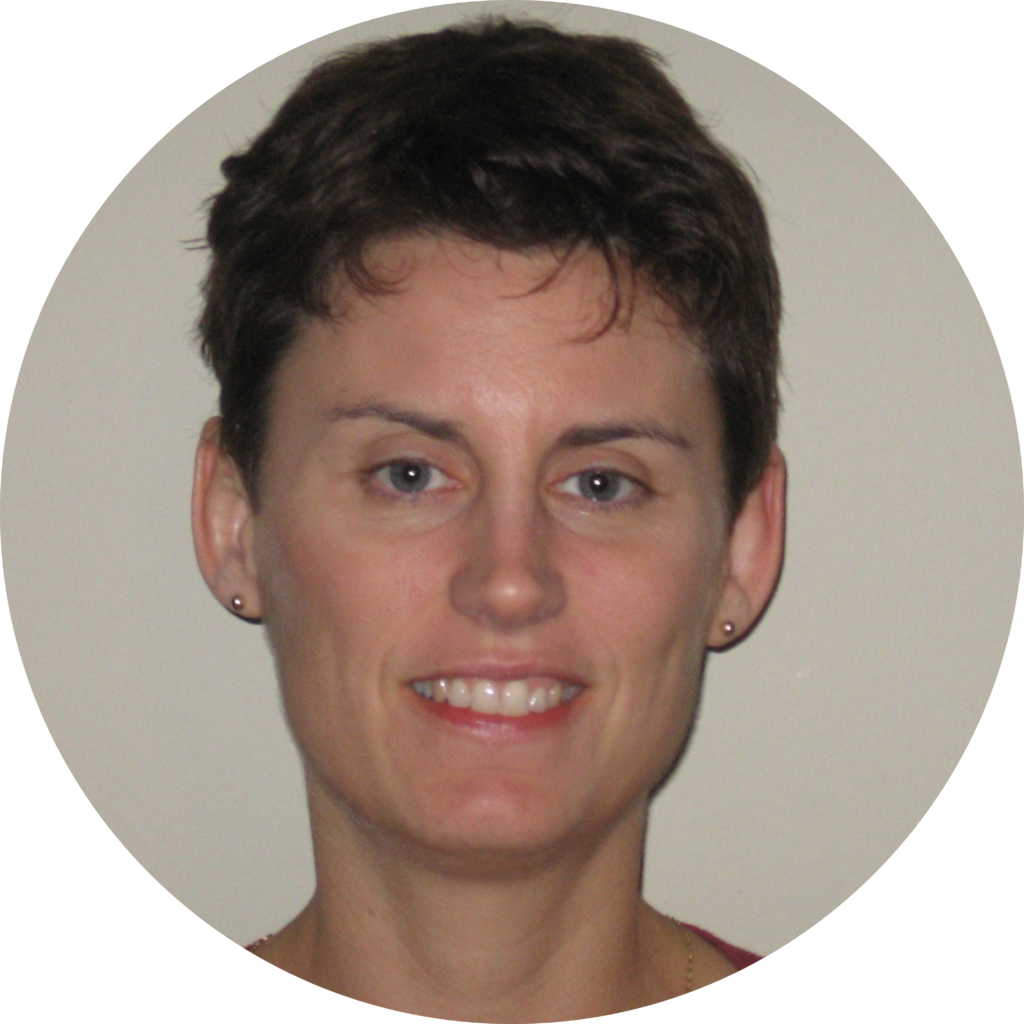
Michelle Stephan (she/her) is a professor of mathematics education at the University of North Carolina Charlotte. She taught 7th and 8th grade mathematics for seven years (three of those with a special education co-teacher) and has published multiple articles about implementing high quality co-teaching practices in inquiry mathematics environments. Michelle has been a faculty member of UNC Charlotte since 2011, beginning in the Center for STEM Education and now in the Department of Middle, Secondary and K12 Education. She currently researches how to create equitable access to high quality mathematics for all students using high leverage mathematical discourse strategies. Recently, she and colleagues designed an instructional unit for 7th grade mathematics students that both developed their understanding of ratio and proportion and ethical reasoning skills.
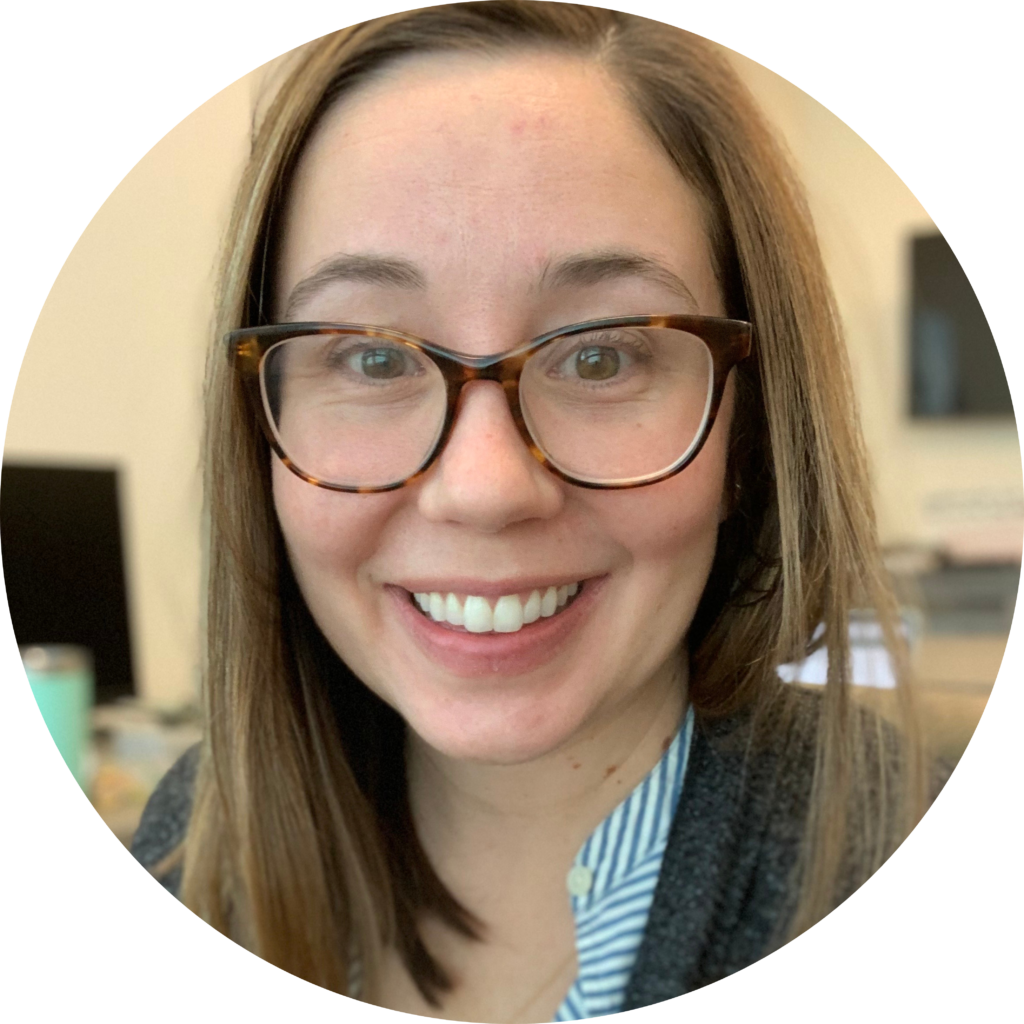
Mindy Adnot is Team Lead for Instruction at the Honors College at UNC Charlotte. In this role, she leads the senior capstone sequence and selection for the University Honors Program, teaches honors seminars, and supports faculty teaching honors courses. Prior to this role, she was the Associate Director of Curriculum for the Honors College at UNC Charlotte and also served as Visiting Assistant Professor of Educational Policy at Davidson College. She earned her Ph.D. in Education Policy and Master’s in Public Policy from the University of Virginia, her Master’s in Teaching from Pace University, and her B.S. from Wake Forest University.
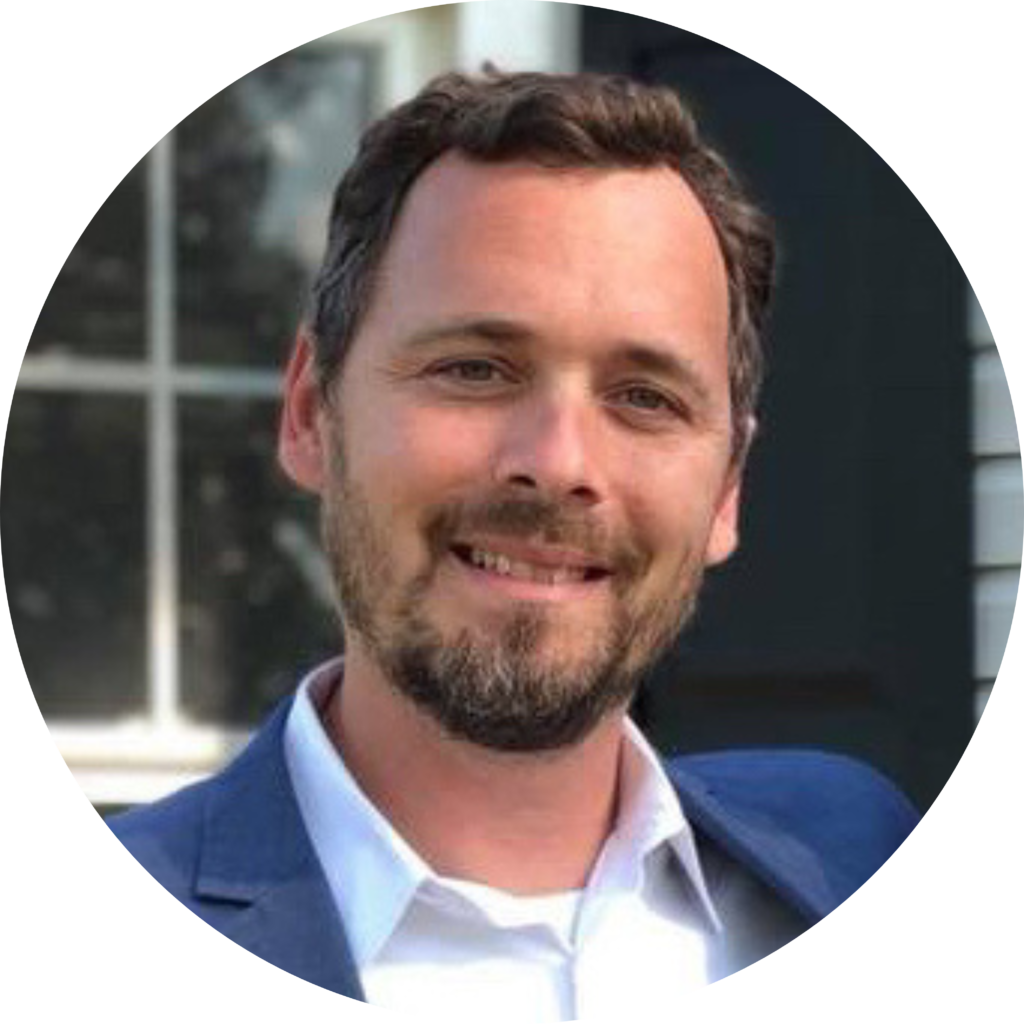
Nick Triplett was born in upstate South Carolina and grew up in eastern North Carolina (Tarboro, Edgecombe County). He attended UNC Chapel Hill on a Teaching Fellows scholarship earning a BA in History and an MA in Teaching. Nick has been active in education for the past 20+ years, as a high school social studies teacher, a facilitator at independent and cooperative schools, public school leadership and governance, post-secondary teacher education, and the development and publication of educational research and theory. Nick earned a Ph.D. in Curriculum & Instruction (Urban Education) from UNC Charlotte in 2018. He currently is the Assistant Clinical Professor of Social Studies Education in the Cato College of Education at UNC Charlotte. Nick’s quantitative research focuses on educational equity, school discipline, and the role of schools in social class reproduction. He also conducts theoretical and qualitative research in history education, the philosophy of history, and the role that historical narratives play in life and society. Nick lives in Charlotte, NC with his partner and three children (16, 12, & 6 years). He enjoys doing anything outside, but especially hiking, climbing, bouldering, fly fishing, carpentry, and spending time with my plants in the garden.
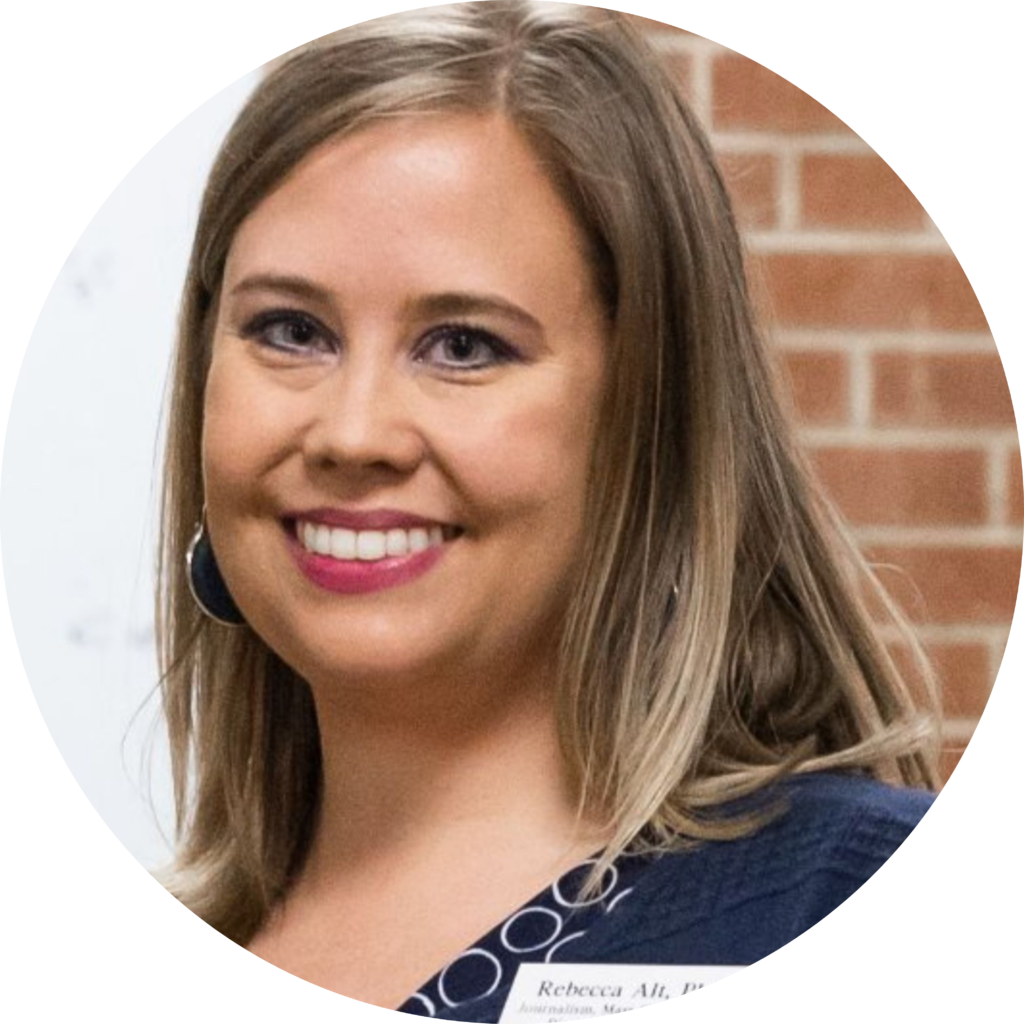
Rebecca Alt is an Assistant Professor of Communication Studies at Lenoir-Rhyne University. She earned her Ph.D. and M.A, in Communication from the University of Maryland and her B.A. in Communication Arts and Sciences from Penn State. As a communication teacher-scholar, Alt is dedicated to teaching students how to communicate effectively in interpersonal, group, and public settings and how to critically interpret communication acts. At Lenoir-Rhyne, she teaches in the areas of sports communication, mass media, rhetoric, social change, communication research methods, convergent media writing, and public speaking. Alt’s scholarship stems from her dedication to rhetorical education rooted in ancient principles yet updated for the ever-evolving needs of the current century. Her research in the context of sports focuses on how the culture of sport is maintained and contested through acts of communication. In studying the structural dynamics that create an urgent need for activism-related social justice work, her work seeks to amplify the voices of activist athletes and their proposals for policy reforms and cultural change. Her work appears in the Review of Communication, Social Media + Society, the Journal of Public Interest Communication, “Engaging Sports” and the edited volume, Case Studies in Sport Communication: You Make The Call.
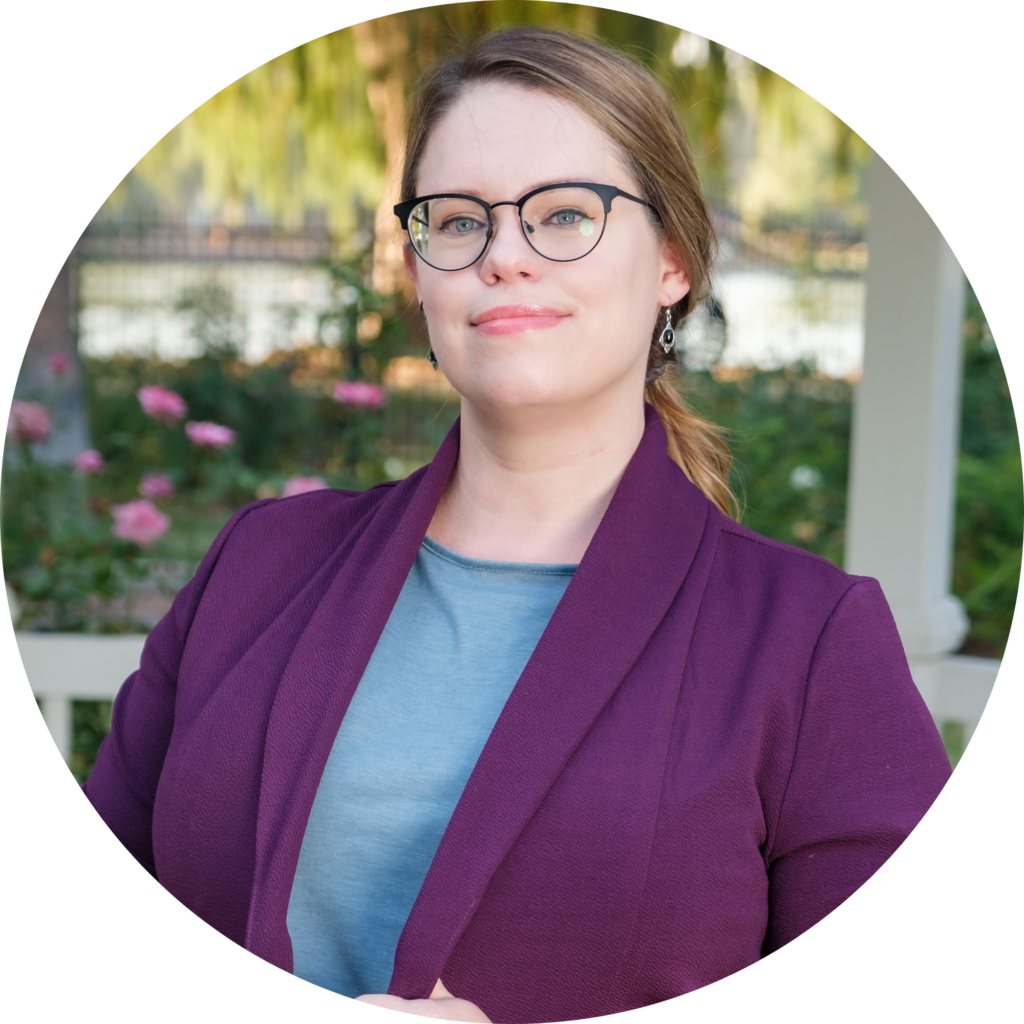
Rebecca Harrison is a Visiting Assistant Professor of Philosophy at Vassar College. At Vassar, she regularly teaches courses on Phenomenology and Existentialism, and has developed a quite popular introductory level course on the Philosophy of Love & Sex. Her research interests are in phenomenology, particularly the work of Maurice Merleau-Ponty, and the consequences of his view for contemporary philosophical work, especially feminist standpoint epistemology. She has always enjoyed approaching teaching less as a formal “instructor” and more as “the best-read student in the room.” During her PhD studies at the University of California, Riverside, she took on leadership roles in organizing workshops and colloquia within the Philosophy department on inclusive and equity-minded pedagogy, and she held a position as a teaching mentor for new TAs. In general, she seeks to create a classroom environment where all students are encouraged to actively bring their own prior experiences and unique points of view to the table, in mutually-interested discussion and collaboration with each other. Rebecca is excited to join this year’s Deliberative Pedagogy Collaborative, and looks forward to further developing her pedagogical approach and course design in tandem with other participating faculty.
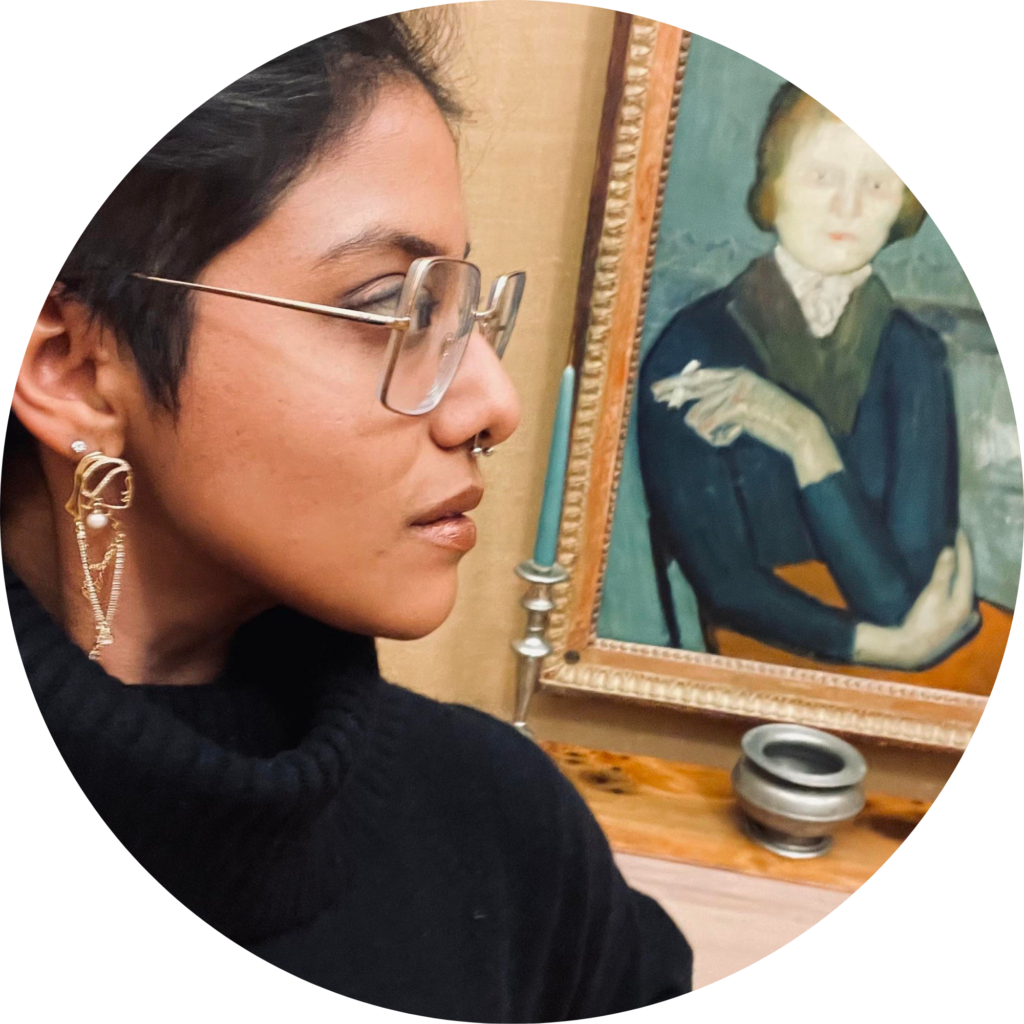
Sabeen Ahmed is Assistant Professor of Philosophy at Swarthmore College, where she works in the areas of social and political philosophy, philosophy of race, and anticolonial thought. Her teaching, research, and service to the profession all take as their starting point the recognition that empire, “which takes the form today of white supremacist racial capitalism,” is the defining political and existential problem of modernity, and that the discipline of philosophy has historically been (and continues to be) responsive to and implicated in this imperial reality. Ahmed thus views her work as a means by which to give voice to the historical and material realities of global white supremacy by uncovering the configurations of power-knowledge that produce racially differentiated subjectivities and lifeworlds of precarity. Her pedagogy is similarly grounded in decolonial, antiracist, and anticolonial commitments that bring global and historically marginalized perspectives to bear oh philosophical arguments, traditions, and texts. Ahmed’s current research project draws on the pioneering work of Michel Foucault to interrogate the operation of global white supremacy through an imperial genealogy of modern power.

Shyam Gouri Suresh is an economics professor with versatile academic interests. After completing high school in India, Shyam obtained his BS at Trinity College, Hartford, CT (majors in engineering and economics, minor in mathematical modeling) and his MS and PhD at the University of Texas at Austin (economics). After his education but prior to transitioning to academia, Shyam gained valuable professional experience at Deloitte Tax. Shyam is currently in his 13th year of teaching at Davidson College. Shyam has published in a wide range of reputable journals on diverse topics such as macroeconomics methodology (Cambridge Journal of Economics), partisan opinion dynamics (Eastern Economic Journal), empirical open-economy macroeconomics (Open Economies Review), multilayered poverty traps (Journal of Economic Interaction and Coordination), income segregation and food access (American Journal of Preventive Medicine), game theoretic foundations of ethical reasoning (Economics and Philosophy), etc. As a dedicated teacher, Shyam has been recognized with the following teaching/advising awards at Davidson College: the ODK Teaching Award (2014), SGA Pre-Major Advising Award (2016), and Hunter Hamilton Love of Teaching Award (2022). Beyond research, teaching, and advising, Shyam enjoys nurturing intellectual communities that foster critical thinking through his initiative, “Econversations,” a weekly informal discussion forum centered around economics-related topics.

Stephen Berquist recently finished a Ph.D. in Anthropology from the University of Toronto. His dissertation investigates socioecological change and the politics of space on the North Coast of Peru during the late pre-Hispanic period and the transition to early Spanish Colonial governance. More broadly, Stephen works on themes related to colonialism, climate, infrastructure, and planning in both archaeological and contemporary cities. He has conducted archaeological and ethnographic research in Peru, Cambodia, and the U.S.

Uchenna Iloghalu is a visiting Assistant Professor of Biology at Guilford College, Greensboro NC. She obtained her doctorate degree from North Carolina A &T in 2018. She has served as a mentor and advisor to over 30 undergraduates. Her research interest includes investigation of natural plant extracts on both viral and bacterial infections. Her recent work on “The Role of Selected Group of Phytochemicals in Modulating Norovirus Infection” has yielded three peer-reviewed papers. Dr. Iloghalu had won an NSF award through Integrative Bioinformatics for Investigating and Engineering Microbes (IBIEM). This body was interested in bridging the gap and fostering communication between disciplines as well as promoting team science.
She has participated in several faculty training and certification programs, including ones hosted by the Association of College and University Educators (ACUE) on effective teaching practices; the UNC Office of Graduate Educators on faculty mentoring for biomedical researchers; the NSF’s Research Coordination Network training in Undergraduate Biology Education (RCN-UBE) organized by Quality Education for Minorities (QEM), and Fayetteville State University’s Center for the Advancement of Liberal Arts and STEM’s (CALAS) training on developing creative and innovative pedagogical approaches to integrate liberal arts/soft skills into STEM courses.

Vanessa Voller is a PhD candidate at the University of Minnesota’s College of Education and Human Development and School of Public Health. Vanessa’s primary research interests include topics of global health justice and the theory and practice of social medicine with an area focus on Latin America. Vanessa’s doctoral research examines how systemic racism and other forms of structural oppression affect adolescents’ experiences accessing sexual and reproductive healthcare services. In her classes, Vanessa employs critical pedagogy, inspired by the late Brazilian educator and philosopher Paulo Freire, and aims to facilitate classroom spaces where learners gain the skills, knowledge, and self-efficacy to feel empowered and be agents for social change in their own communities. Vanessa graduated from Colorado College with a degree in Sociology and the Humphrey School of Public Affairs with a Master’s degree in International Development Studies.
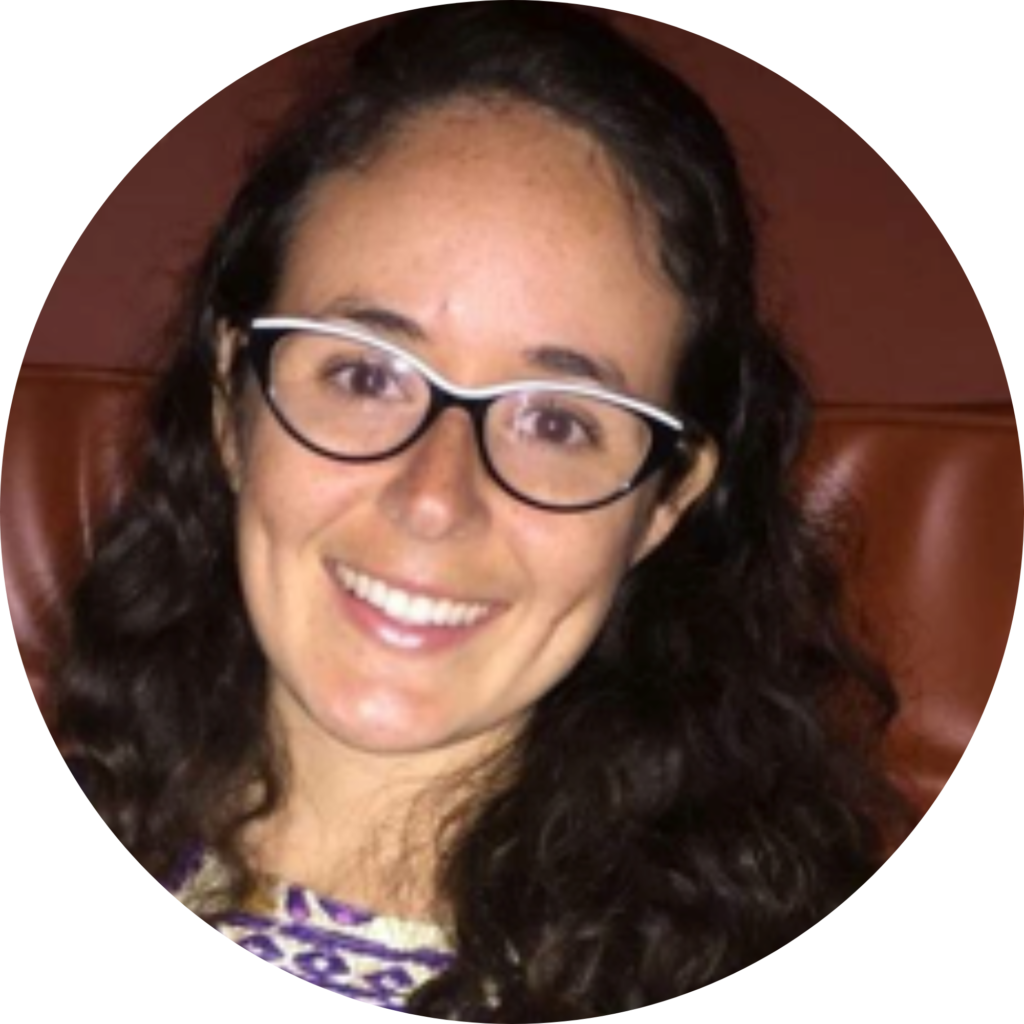
Victoria Machado is a visiting assistant professor of Environmental Studies at Rollins College in Winter Park, Florida where she teaches Nature Spirituality and Environmental Crisis in its Cultural Context. She holds a PhD in religious studies with a dual specialization in Religion in the Americas and Religion & Nature from the University of Florida. Victoria’s research focuses on the environmental humanities and spiritual dimensions of Florida’s environmentalists. She is interested in bioregionalism, environmental justice, human-nature interactions, water issues, and publicly-engaged scholarship. Victoria is also engaged with humanities-based scholarship and teaching on state and national levels. During the 2022-2023 school year, she served on the National Humanities Center’s Teacher Advisory Council. Additionally, she has served as a speaker for the Florida Humanities’ Speakers Bureau for the past several years. Last Spring, Victoria taught a six-week course to incarcerated students through the Florida Prison Education Project. A few of Dr. Machado’s recent publications include her case study, “Sacred Water of Florida: Ceremony & Spirituality in the Sunshine State” in Bloomsbury Religion in North America (2021) and her article “Activists of Faith, Betwixt and Between: Faith-Based Ecological Resistance in the Environmental Movement” (2023) in the Journal for the Study of Religion, Nature and Culture.

Yingling Liu is an assistant professor of sociology at Birmingham Southern College. She earned her Ph.D. in applied and health sociology from Baylor University (Waco, TX). She also holds a master’s degree in community from Abilene Christian University (Abilene, TX). Yingling teaches courses in social gerontology, sociology of family, research methods, social statistics, and public speaking in social advocacy. Her research interests focus on aging, health and community development. Yingling also holds a law degree and is a licensed attorney in China.
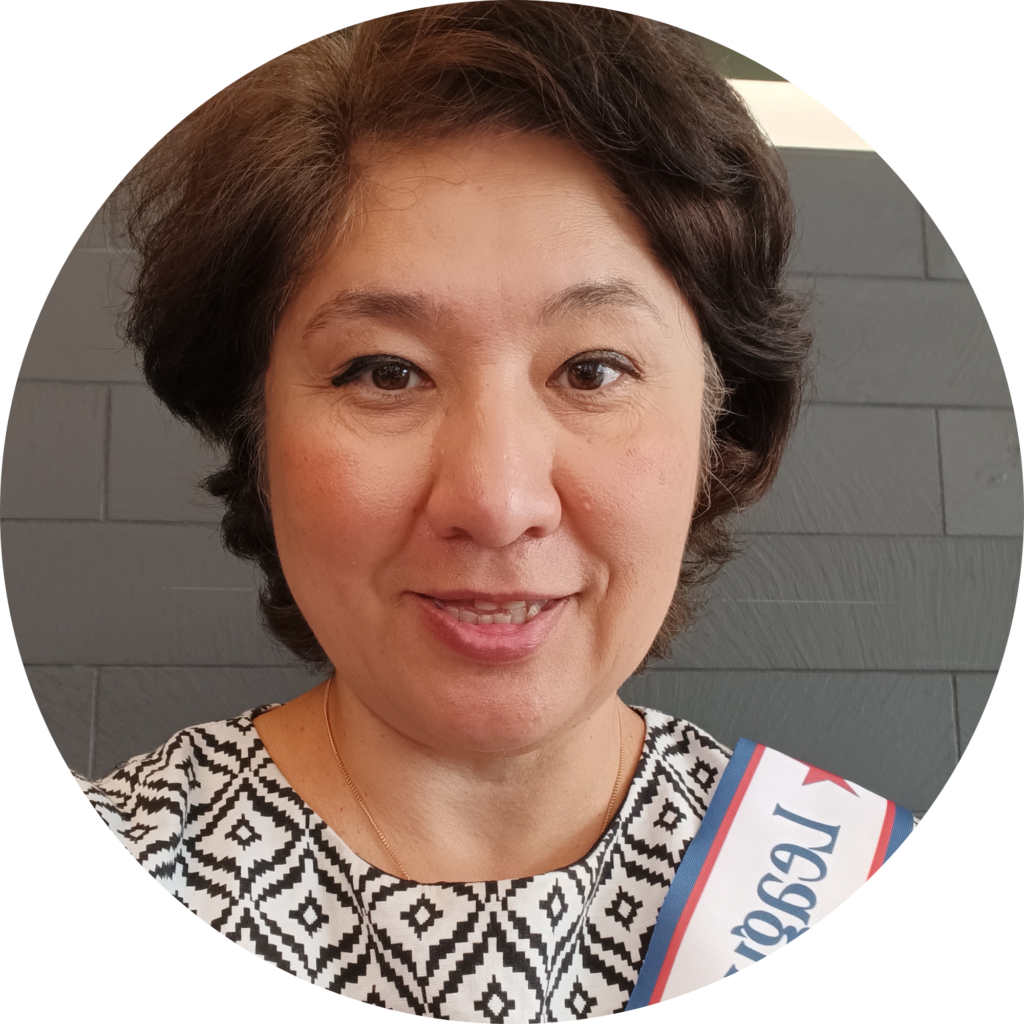
Zulfiya Tursunova is an Associate Professor at Guilford College in North Carolina, where she serves as one of the leading experts on community-based peacebuilding practices. Her research focus is racial justice, immigration, food justice, and women’s empowerment and family caregiving. Zulfiya facilitated a series of workshops for community leaders from over 45 countries on diversity, equity, and inclusion, community economic and social development, women’s leadership, food justice, community-based peacebuilding, transitional justice, reconciliation, gender, and human rights as countries transition to democracy. As a Women, Peace, and Security Officer at the Association of World Citizens (consultative status with ECOSOC, the UN), Zulfiya provides a gender-responsive peacebuilding strategy to support U.N. Security Council Resolutions 1325 and 1889. As a team member, she discusses Sustainable Development Goals, democracy, good governance, and human rights following the pledge of world leaders in the Millennium Declaration to promote democracy. Zulfiya served as a guest editor for a special volume on “Peace and Development” for Peace Research: The Canadian Journal of Peace and Conflict Studies. As a peace practitioner, she has worked in Central Asia, Austria, Germany, Canada, and the U.S. Her areas of teaching include restorative and transitional justice; social justice and community advocacy; and community economic and social development, among others.
